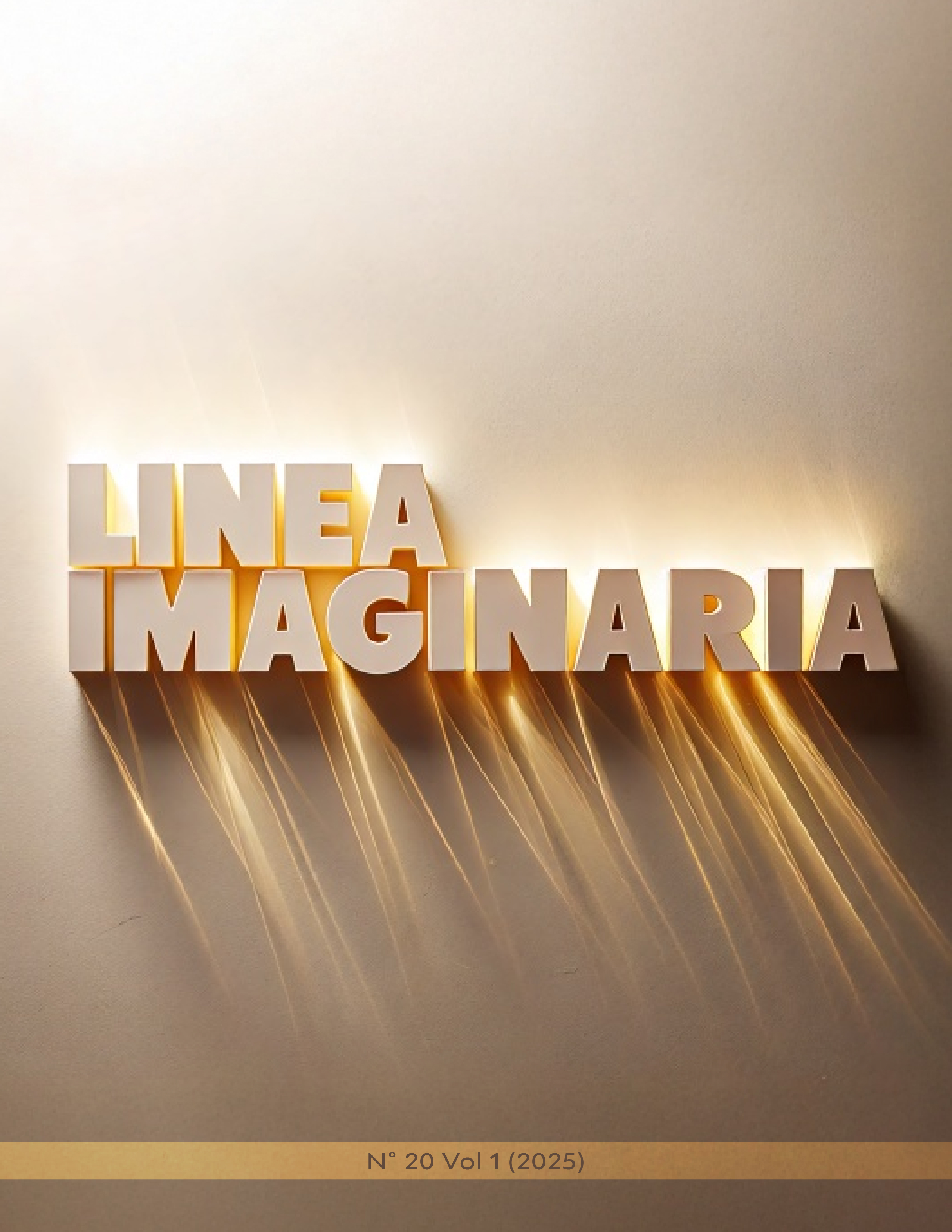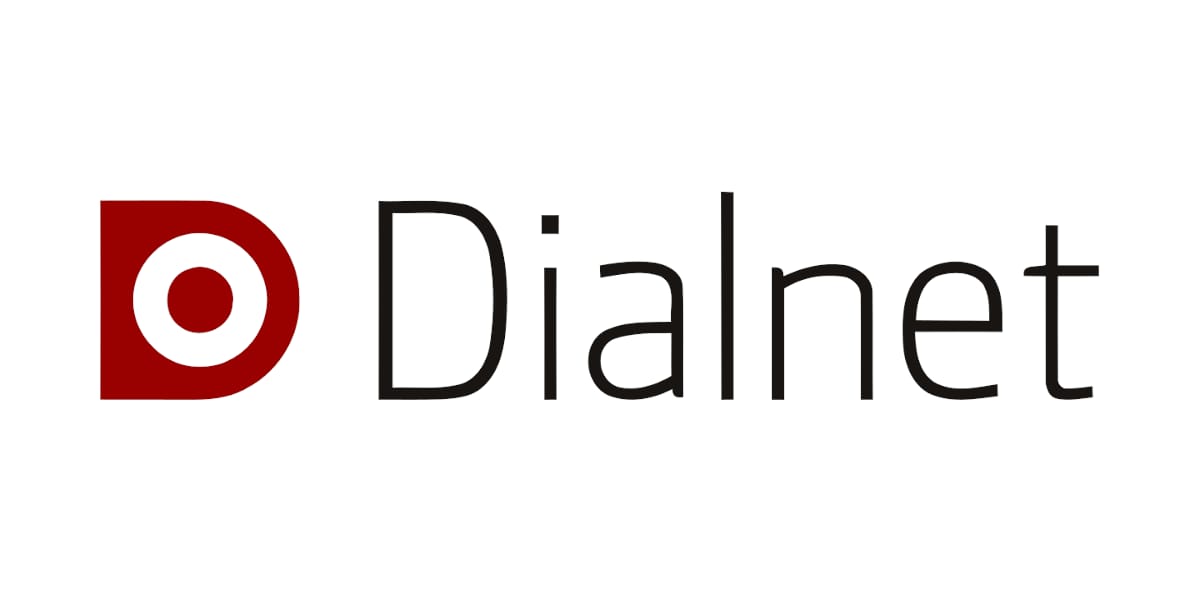ESTUDIO PARA LA DETERMINACIÓN DE LA FACTIBILIDAD EN LA EJECUCIÓN DE PROYECTOS DE EXPLOTACIÓN AGRÍCOLA EN AMBIENTES ESCOLARES EN PRO DE LA AUTOGESTIÓN.
DOI:
https://doi.org/10.56219/lneaimaginaria.v1i20.3718Palabras clave:
condiciones físicas, espacios productivos, autogestiónResumen
El objeto de estudio de la presente investigación está representado por la Escuela Bolivariana “La Aduana”, ubicada en el sector “Curazao”, La Aduana, en Palmira, Municipio Guásimos, Estado Táchira, teniendo como propósito principal Determinación de la factibilidad en la ejecución de proyectos de explotación agrícola en ambientes escolares en pro de la autogestión. La finalidad de esta intención investigativa nace por la necesidad de promover el desarrollo de actividades conducentes a la explotación de estos espacios a fin de generar recursos propios. El método representado está basado en el método cualitativo, a través de un diseño de campo no experimental y bajo los elementos de una investigación acción participativa, donde será pertinente la puesta en práctica de acciones vinculantes para la integración de padres, representantes, docentes, estudiantes y la comunidad en el acondicionamiento y explotación de las áreas que se consideren productivas. Se ha realizado igualmente entrevista al personal directivo y a docentes de la institución a fin de recabar información sobre gestiones anteriores y de conocer las opciones viables que permitan la continuidad del NER como centro educativo y evitar su desaparición ya que, debido a la carencia de recursos, podría generarse una descentralización progresiva de cada institución.
Descargas
Citas
Adams y Lambert, S.A (2010): Una guía ilustrada para la ciencia. Nueva York, Chelsea House.
Conferencia de las Naciones Unidas sobre el Medio Ambiente y Desarrollo (CNUMAD)
(2002). Declaración de UBUNTU. Johannesburgo, Sudáfrica.
Coya, M (2001): La ambientación en la universidad. Edición digital a partir del texto original de la tesis doctoral. ISBN; 84-688-6126-X
De la Cuesta, M (2015): Identificación de indicadores relevantes del desempeño RSE mediante la utilización de técnicas multicriterio. Innovar: revista de ciencias administrativas y sociales, ISSN 0121-5051, Vol. 25, N° 55 DOI: https://doi.org/10.15446/innovar.v25n55.47197
Gómez, C. (2011): La Educación ambiental en la formación superior en Medellín: Estudio de caso en dos niveles de tres instituciones. Maestría en Gestión Ambiental de la Universidad Nacional de Colombia. https://repositorio.unal.edu.co/handle/unal/8036
Goetz, J. y LeCompte, M. (1998). Etnografía y diseño cualitativo en la investigación educativa.
Madrid. Ediciones Morata, S.A
Martínez, M (2006). La investigación cualitativa etnográfica en educación. Manual teórico práctico. México: Trillas.
Monterroza García, A (2007). Proyecto de educación ambiental. Establecimiento público ambiental. Cartagena de Indias, Colombia.
Smith-Sebasto, N.J. (2007). Información Cuestiones ambientales. Universidad de Illinois Servicio de Extensión cooperativa
Torres, E. (2011): Medio ambiente y Proyecto Ambiental Escolar (PRAE) en el colegio Nicolás Esguerra. Universidad Nacional de Colombia.
Descargas
Publicado
Cómo citar
Número
Sección
Licencia
Derechos de autor 2025 LÍNEA IMAGINARIA

Esta obra está bajo una licencia internacional Creative Commons Atribución-NoComercial-CompartirIgual 4.0.
La revista Línea Imaginaria conserva los derechos patrimoniales (copyright) de las obras publicadas, que favorece y permite la reutilización de los mismos bajo la licencia Creative Commons Atribución-NoComercial-CompartirIgual 4.0 , por lo cual se pueden copiar, usar, difundir, transmitir y exponer públicamente, siempre que se cite la autoría y fuente original de su publicación (revista, editorial, URL y DOI de la obra), no se usen para fines comerciales u onerosos y se mencione la existencia y especificaciones de esta licencia de uso. Si remezcla, transforma o crea a partir del material, debe distribuir su contribución bajo la misma licencia del original.















